However, for OCOP products to truly be 'for human health', there needs to be a synchronous and effective support mechanism.
1. Demand for safe, natural products: An inevitable trend in modern health care
Content
- 1. Demand for safe, natural products: An inevitable trend in modern health care
- 2. The role of OCOP products in improving community health
- 3. Difficulties, challenges and solutions for sustainable development
In modern society, health care is no longer a personal matter but has become a national strategic issue.
People are affected by many factors such as diet, living environment and consumption habits. Besides each person's self-care awareness, objective factors such as food safety, raw material origin or sustainability in production also directly affect public health.
In Vietnam, the aging population has led to an increase in chronic diseases, leading to a sharp increase in demand for natural, safe and clearly sourced products. Today’s consumers prioritize clean, environmentally friendly foods that are associated with local cultural values – a trend that opens up great opportunities for healthcare-related industries in the OCOP Program.
After the COVID-19 pandemic, awareness of the role of nutrition and natural products in disease prevention and control has been further strengthened. Grasping this trend, the Government issued Decision No. 919/QD-TTg dated August 1, 2022, orienting the development of agricultural products, medicinal herbs, food and community tourism associated with health care, preservation of indigenous knowledge and ecological safety.
This is a concrete step to realize the strategy of connecting rural economic development with universal health care, in the spirit of preventive medicine - taking people as the center, aiming for harmonious development between economy, society and environment.
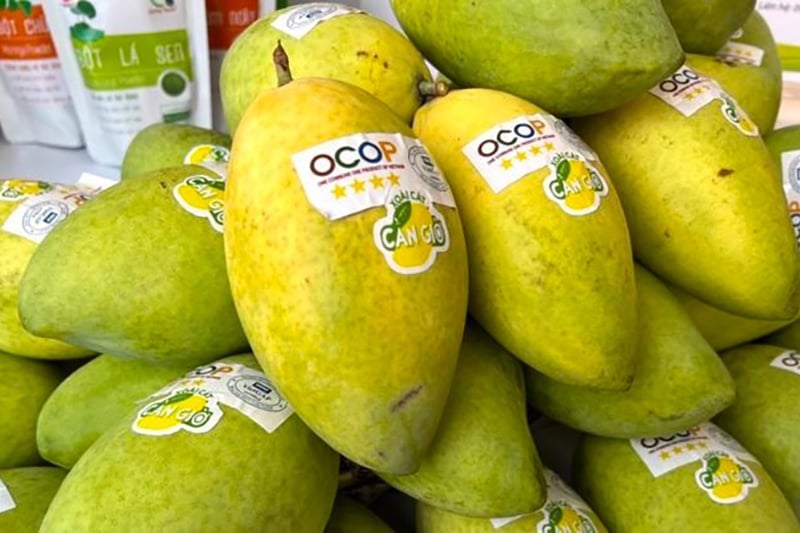
Agricultural products in the OCOP Program are oriented towards health care, ecological safety and conservation of indigenous knowledge.
2. The role of OCOP products in improving community health
The OCOP program is implemented to promote local advantages, forming a value chain of typical products associated with culture, environment and people. According to Associate Professor, Dr. Tran Van On, former Head of the Department of Botany, Hanoi University of Pharmacy, National Advisor of the National One Commune One Product Program, OCOP products are divided into 6 groups of products, of which 4 groups are directly related to human health including food, beverages, herbs and health tourism .
OCOP foods: Includes fresh, processed products or local specialties with high nutritional value. These can be herbal dishes such as fern, ivy or native mushrooms, "green medicines" that help balance the body and improve resistance.
OCOP drinks: Natural waters, mineral waters, purified drinking water and other non-alcoholic beverages such as fruit juices, herbal teas, play an important role in providing water, nutrients and minerals to the body.
Group of medicinal herbs and products from medicinal herbs, including: Health protection foods, herbal medicines, traditional medicine, cosmetics containing ingredients from herbs, essential oils and other medicinal herbs.
Associate Professor, Dr. Tran Van On said that the herbal industry is an important pillar. The herbal pyramid has three floors, the first floor is food, beverages and home care products, the second floor is cosmetics and functional foods, the third floor is medicines and pharmaceuticals. Vietnam is currently mainly developing in the first two floors, where the market potential is very large, easy to apply and consumer-friendly, in line with the OCOP Program.
Community tourism, ecotourism, tourist attractions: This is also a promising direction, which can be applied to the model of community tourism, health tourism, connecting traditional medicine practitioners working in the community and patients, to tours to experience picking medicinal leaves, herbal baths, or culinary therapy in the village, all of which contribute to enriching OCOP products. This is not only eco-tourism, but also a journey to find natural health and local cultural identity.
OCOP products are evaluated according to a set of criteria consisting of 3 groups, in which the quality criteria group complies with the regulations of the product industry such as health protection food declaration, the production facility must meet GMP, food production facility must meet food hygiene and safety standards... In addition to this group of criteria, OCOP also has 2 other groups of criteria: Community Strength and Business Capacity.
According to statistics, Vietnam currently has more than 1,000 OCOP products from herbs, an impressive number showing the spread of this model in the community. Some typical products such as Bac Kan turmeric starch achieving 5-star standard, Thai Nguyen large-leaf Gymnema Sylvestre 4-star... prove that when the product brings real health benefits, consumers will choose and spread it.
3. Difficulties, challenges and solutions for sustainable development
Despite great potential, developing OCOP products associated with health still faces many challenges:
- First of all, there is a lack of connection between the entities in the value chain, from growers, manufacturers, businesses to research institutes. Medicinal material production is still fragmented and has not been planned long-term, leading to difficulties in quality control and traceability.
- Second, the standardization and testing of health products is still limited. Many OCOP products from medicinal herbs are only in raw form, and have not been fully evaluated for nutritional composition, active ingredients, safety and biological effectiveness.
- Third, investment capital and deep processing technology are still lacking, while these are decisive factors to increase product value. Registration, announcement and promotion of qualified products are still facing difficulties due to high costs and long time.
To overcome these limitations, Associate Professor, Dr. Tran Van On said that it is necessary to synchronously implement many solutions:
- Firstly, strengthen training and improve capacity for the production community. The State needs to support cooperatives and small businesses to access preferential capital, transfer technology and production processes that meet appropriate standards such as GACP-WHO, organic, GMP.
- Second, standardize the process of evaluating and classifying OCOP products in association with health factors. The State and the Ministry of Health need to have specific instructions on technical standards, testing processes, traceability and product quality certification so that the star rating is not only based on packaging or revenue, but also needs to consider the actual impact on consumer health and the environment.
- Third , promote the linkage between the state - scientists - businesses - farmers to form a closed value chain. When all parties participate from planning planting areas, processing to consumption, OCOP products will have a more solid scientific foundation and market. In addition, there should be a mechanism to encourage institutes, universities, and biotechnology enterprises to participate in research, transfer of deep processing techniques, and application of nanotechnology, enzymes, and molecular biology in the production of medicinal products.

Promote support policies to help connect and form a sustainable, high-value OCOP ecosystem.
- Fourth, increase the application of technology and digital transformation in product promotion. Online platforms, QR codes for traceability, or the OCOP e-commerce model will help consumers easily identify and trust products.
- Fifth, promote communication, health education and trade promotion activities. Raising public awareness of the value of OCOP products will help consumers support Vietnamese goods, while expanding export markets for natural and safe products.
Developing OCOP products associated with human health not only helps people increase their income, but also contributes to realizing the strategy of universal health care in a natural, sustainable and humane direction, aiming for OCOP not only as an economic program, but also as a path to nurture Vietnamese health, culture and spirit.
Many OCOP products of Ha Tinh reach "overseas" level
After conquering the domestic market with product quality and design, many OCOP products of Ha Tinh have reached international markets.
Source: https://suckhoedoisong.vn/giai-phap-ho-tro-phat-trien-san-pham-ocop-gan-voi-suc-khoe-con-nguoi-169251030093928979.htm



![[Photo] Prime Minister Pham Minh Chinh receives the delegation of the Semiconductor Manufacturing International (SEMI)](https://vphoto.vietnam.vn/thumb/1200x675/vietnam/resource/IMAGE/2025/11/06/1762434628831_dsc-0219-jpg.webp)


![[Photo] Closing of the 14th Conference of the 13th Party Central Committee](https://vphoto.vietnam.vn/thumb/1200x675/vietnam/resource/IMAGE/2025/11/06/1762404919012_a1-bnd-5975-5183-jpg.webp)

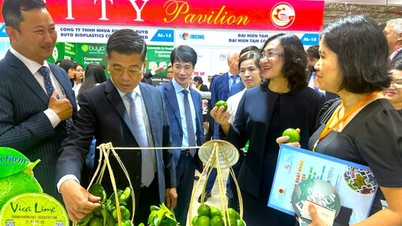

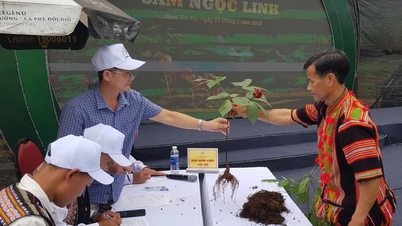

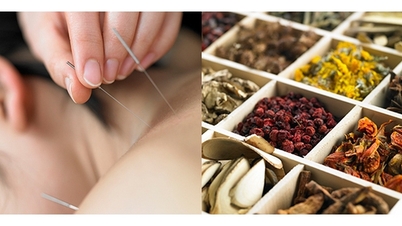


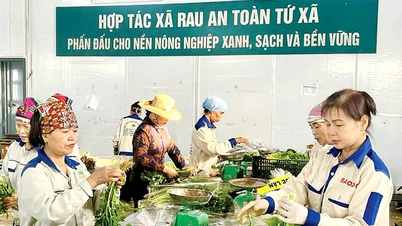

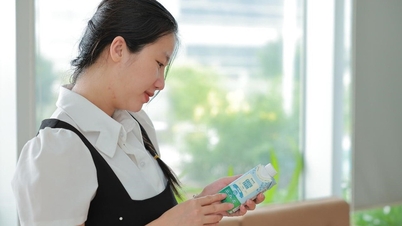

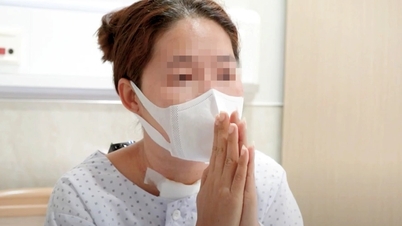

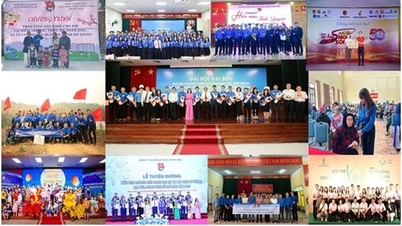

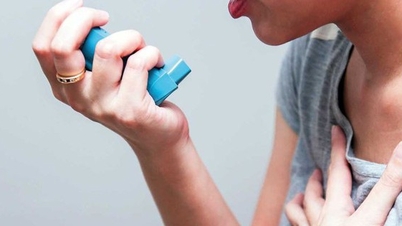


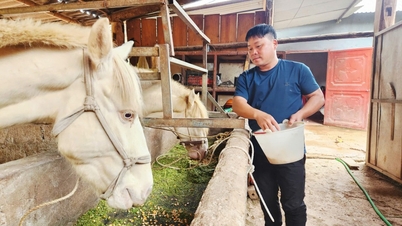

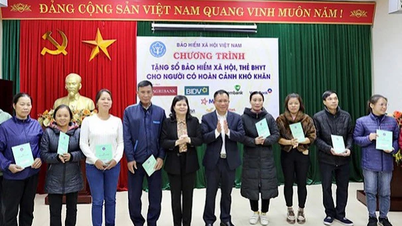







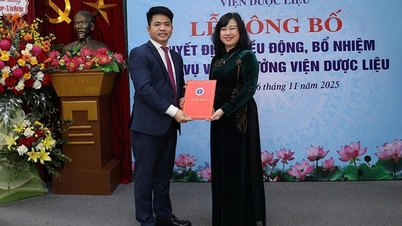


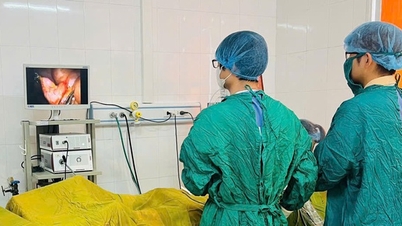


















































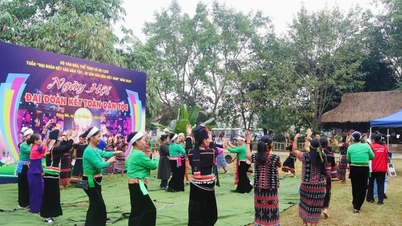
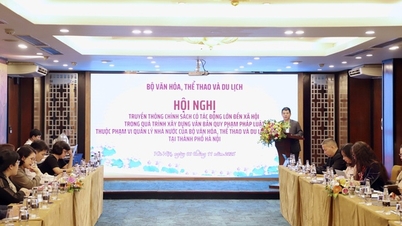





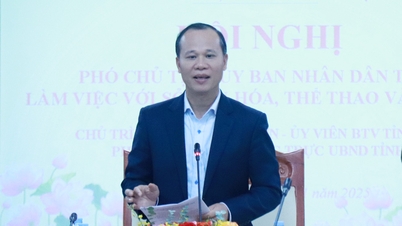



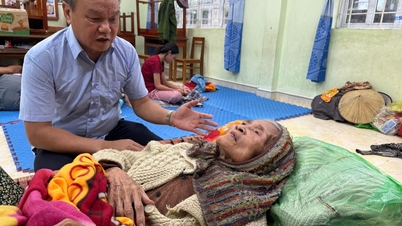










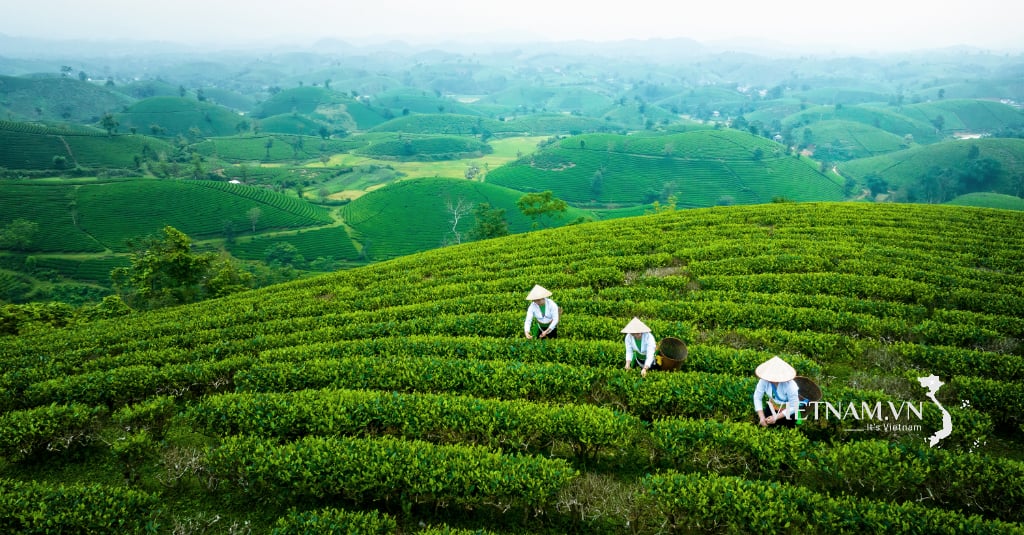



Comment (0)